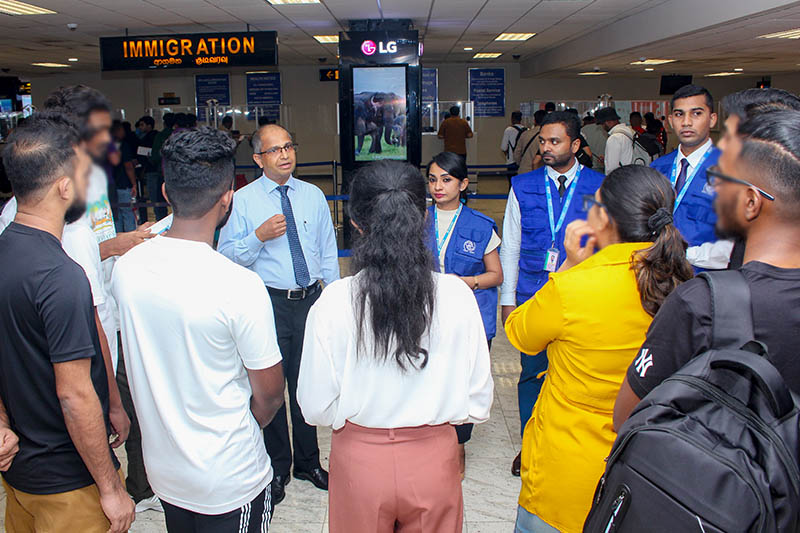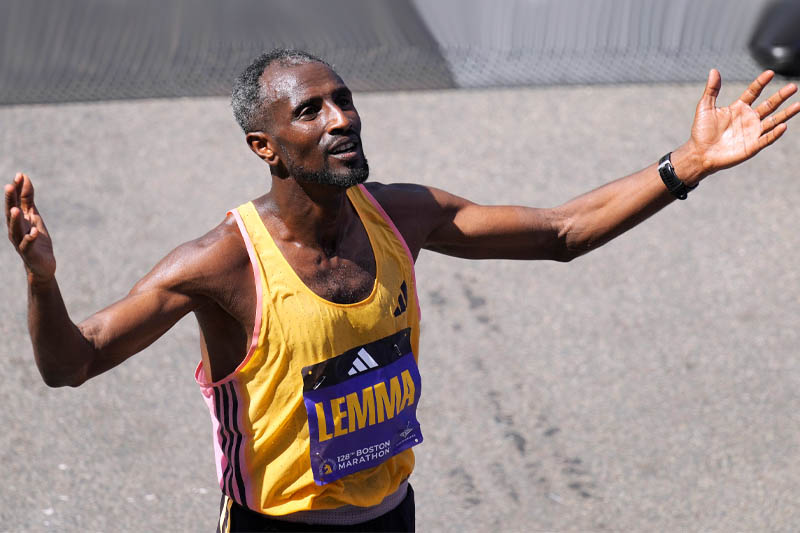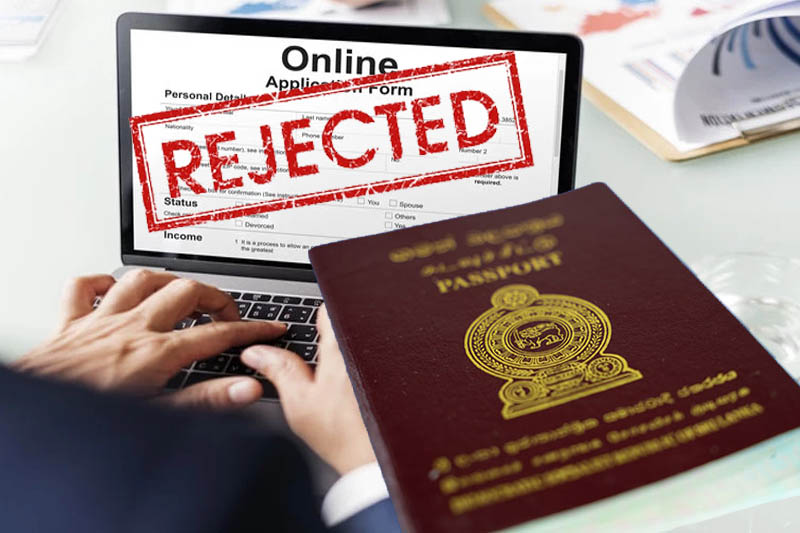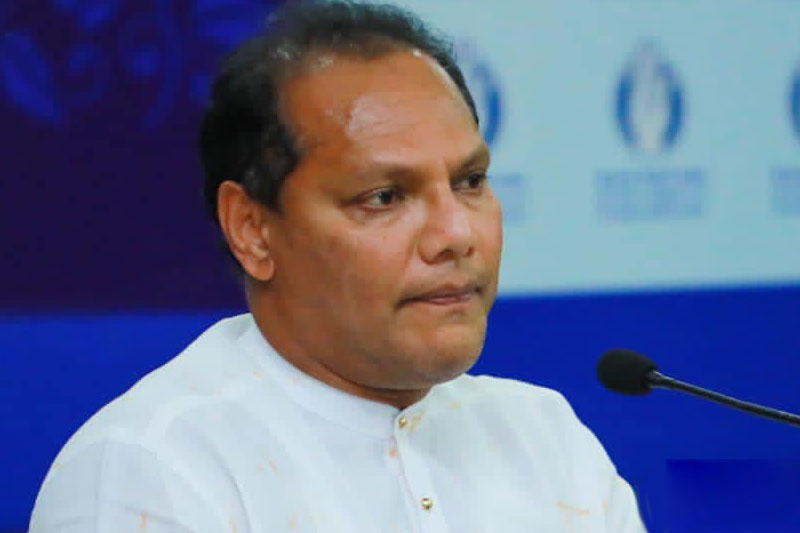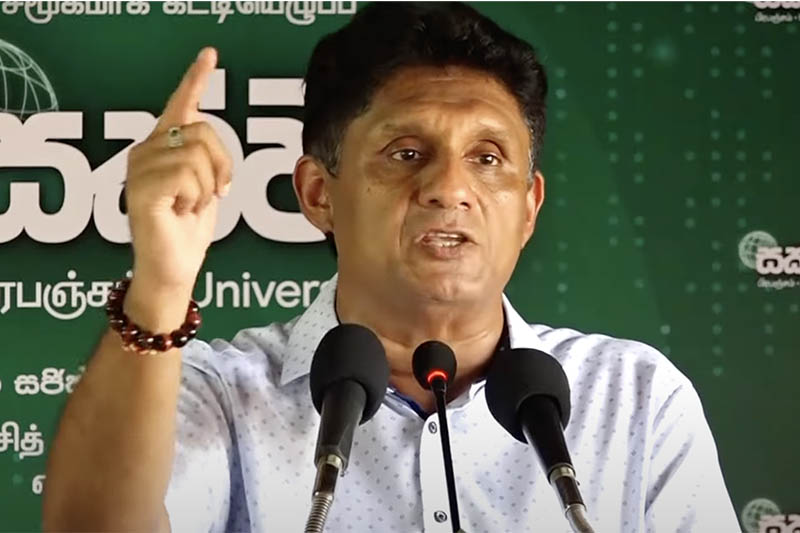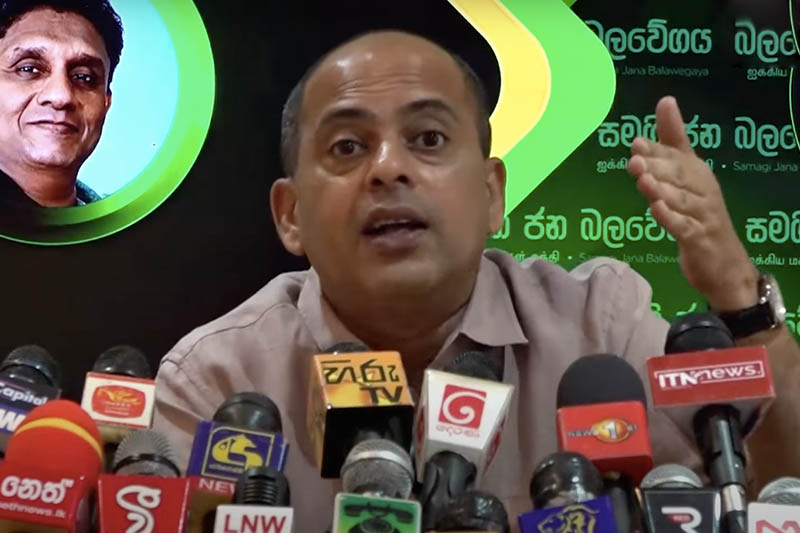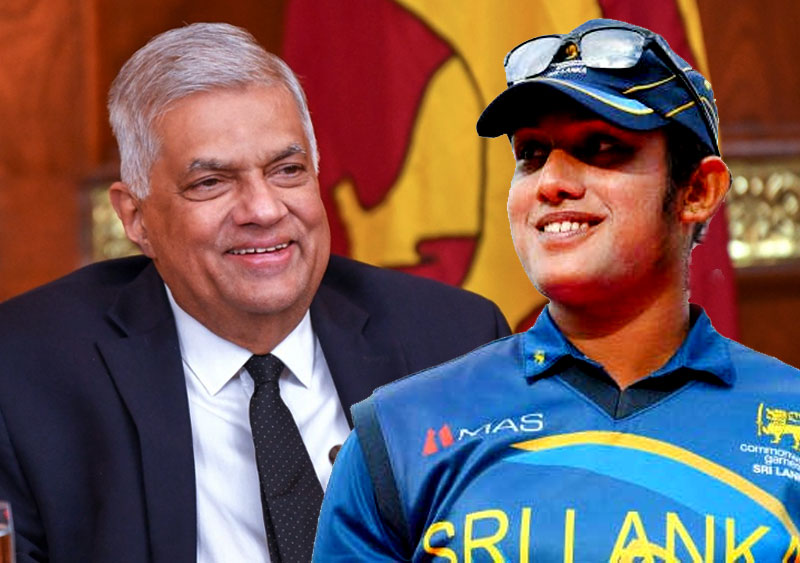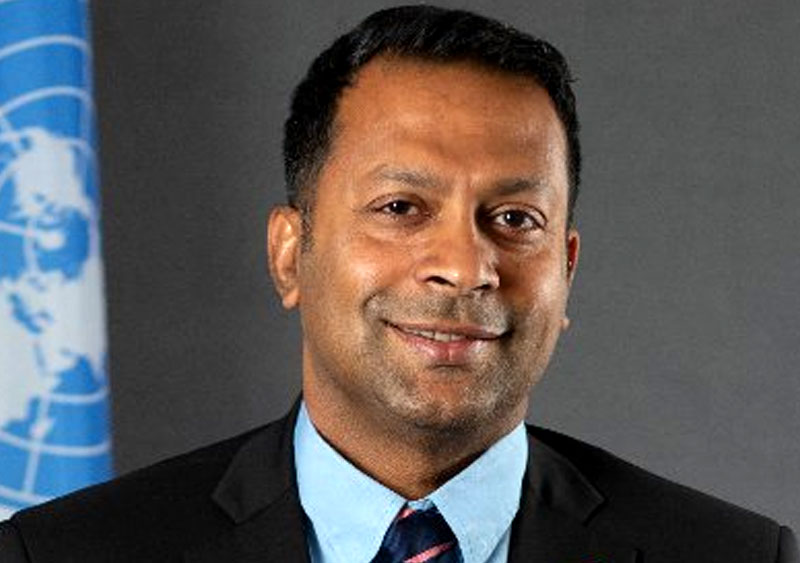There are signs of a political transformation in the near future following a meeting attended by parties in the opposition with Sajith Premadasa in the chair. The need for a common policy plan at future elections was stressed there.
People elect parties and their leaders to power on the basis of their policy manifestos, but that democratic use is a distant reality in Sri Lanka. However, we are now realizing the need to make that happen more than ever before. Policy manifestos are a key culprit to be blamed for the crisis we are facing today.
In this traditional parliamentary democracy, policy manifestos are a symbolic tool that is customarily placed before the people during elections and forgotten thereafter. Even the people know that they are a propaganda hype to make fools of them.
After a party unveils its policy manifesto, the media merely reports on it with a news angle without creating an open platform for an in-depth dialogue. Instead of playing that much-needed role, what the media does is to fill its content with feelings, clashes and misleading conclusions that are being unleashed on the political platform.
The media does not question or look into if those promises in policy manifestos are practically implemented by the parties once in power.
There are no lengthy, in-depth and open dialogues in the media with the parties about the content in policy manifestos. Therefore, people decide and vote at an election without getting fully informed or being aware of what these documents actually say.
In the end, the voter makes the wrong decision at the polling booth. The outcome adversely affects not only contemporary society, but most probably several generations to come as well. This is totally anti-populist and a serious threat to democracy. If the successive governments are to be blamed for the present crisis, the root causes unquestionably lie here.
Whenever an election nears, parties place their manifestos before the people. Once in power, there is no legal or ethical binding between the two to make sure that those promises are implemented.
What actually happens is policy manifestos are cast aside and the government implements policies and decisions to gratify its propaganda sponsors and to ensure privileges to its cronies.
An obvious example is the crisis we face today. We are suffering from the repercussions of the massive fraud, corruption and nepotism committed by the Rajapaksa regime.
Draft laws instead of manifestos
Election manifestos can be transformed into practical and meaningful documents only by placing formulated draft laws along with a timeframe for their implementation before the people for their approval.
For example, a party can present a draft of a new constitution it intends to enforce. Or else, it can submit draft provisions to make it mandatory to declare the amount and the manner of utilization of its election funding.
Ranil’s cronyism policies
Ranil Wickremesinghe came to power without at least placing a policy manifesto before the people, but now blabbers about national policies and integrated national programmes in a hilarious game of politics. This makes it obvious the extent to which the wishes, needs and aspirations of the people become unimportant once in power.
Even by chance, Ranil now has the opportunity to get to work with experts and make an extensive socio-political and economic transformation for public well-being. Instead of doing that, he has allied with his old cronies and is distorting democracy. While talking about national policies and national programmes, he appoints his cronies to run state institutions. Ranil’s model of governance is a post-democratic and post-liberal one.
At this moment, the opposition cannot win over the people’s trust without going before them with a draft of a new constitution, laws and regulations based on the slogans of the recent anti-government struggle together with a timeframe for their enforcement. There is a danger of Ranil’s post-democratic system of governance taking root if the people lose their trust in the opposition.
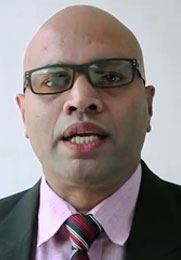
(Dr. Pradeep N. Weerasinghe)
Senior lecturer
University of Colombo












